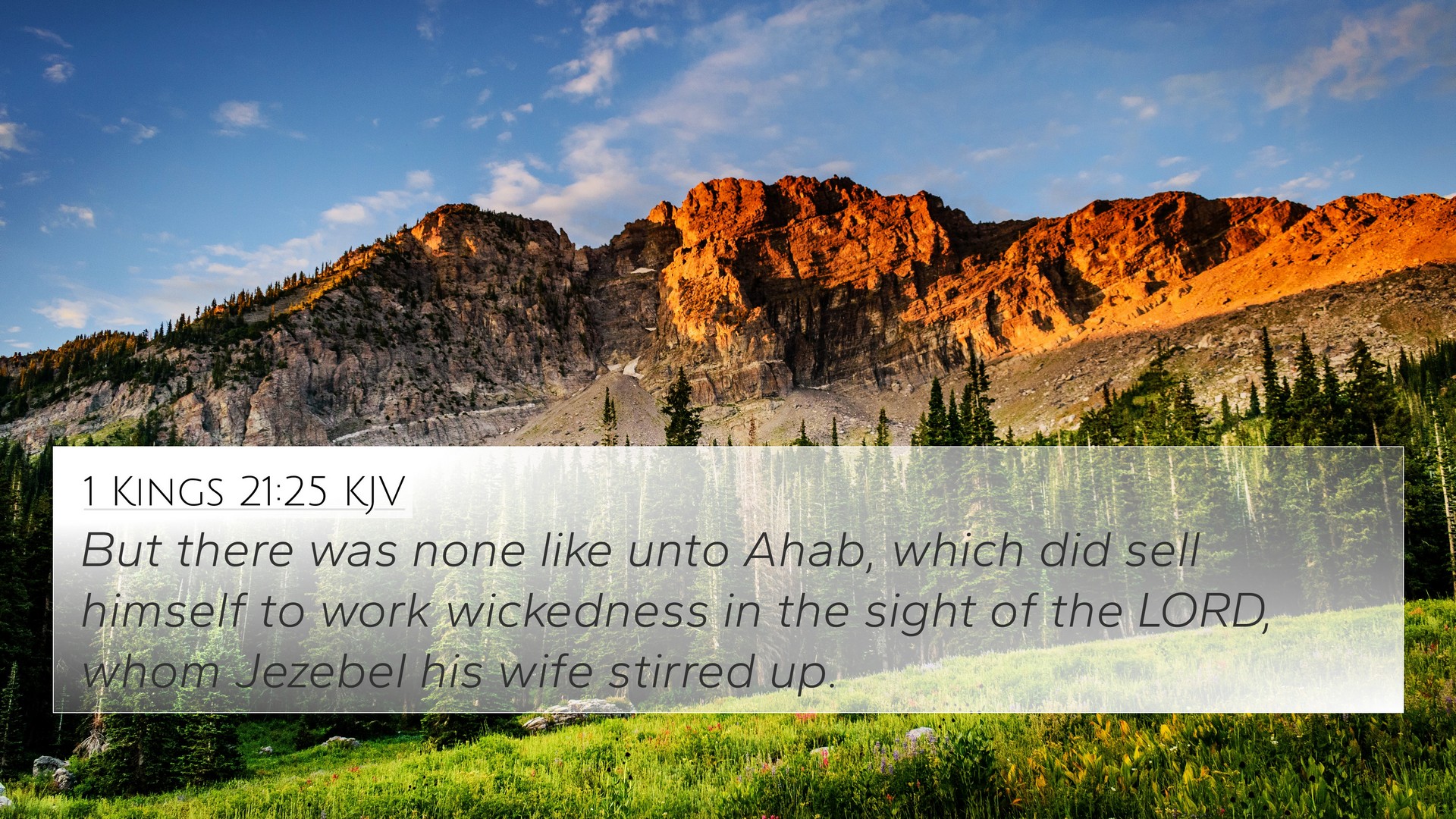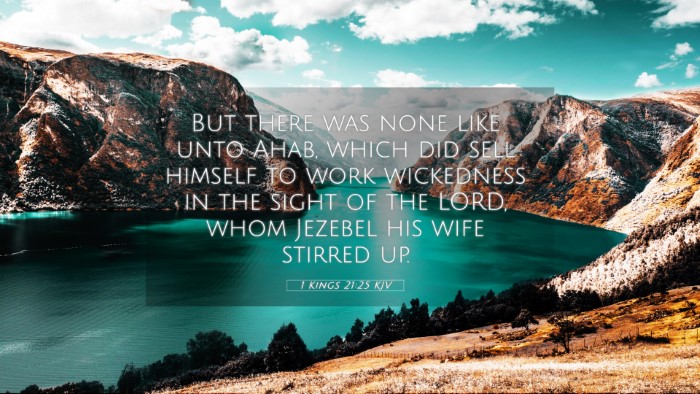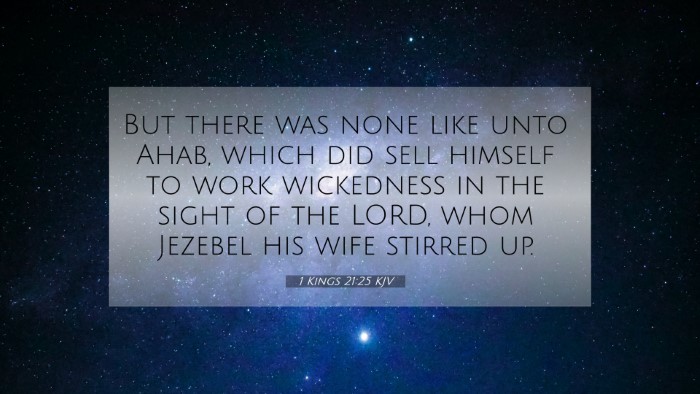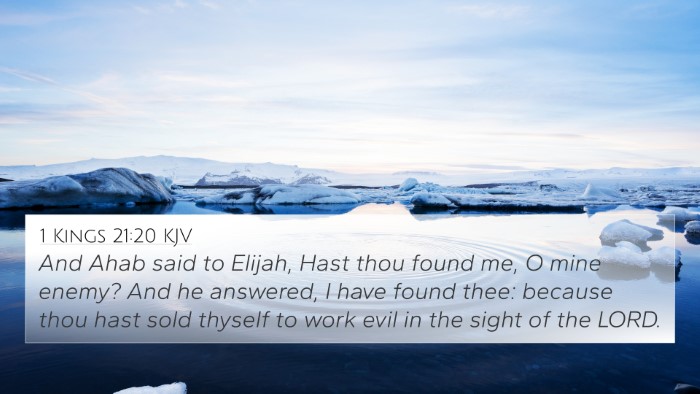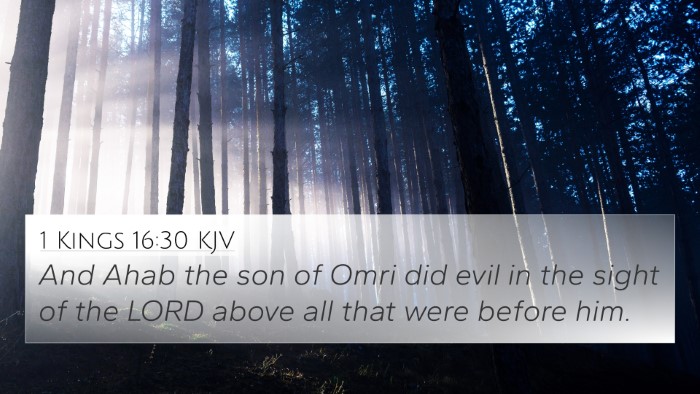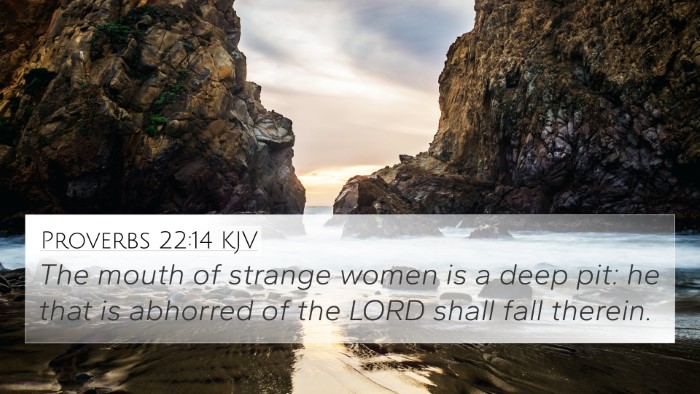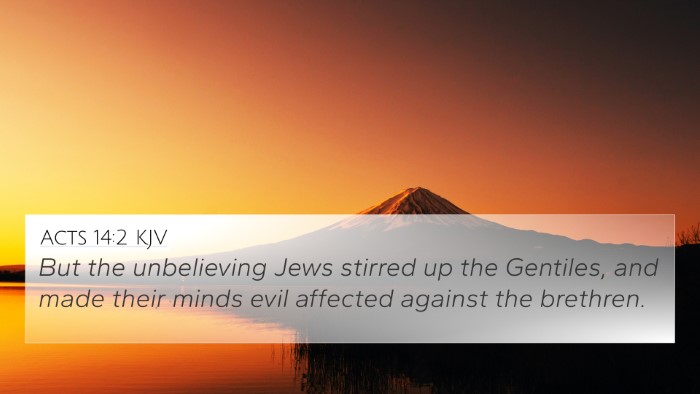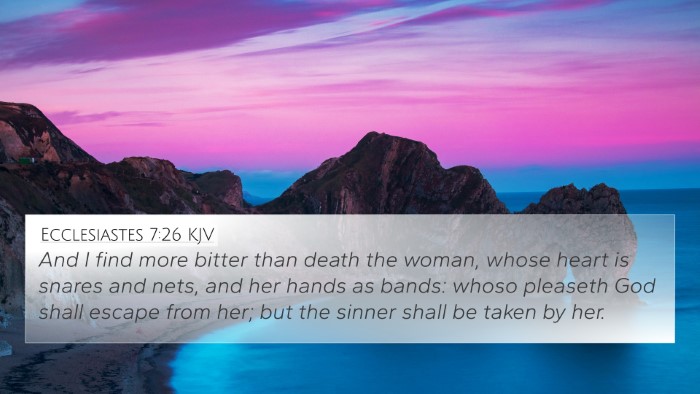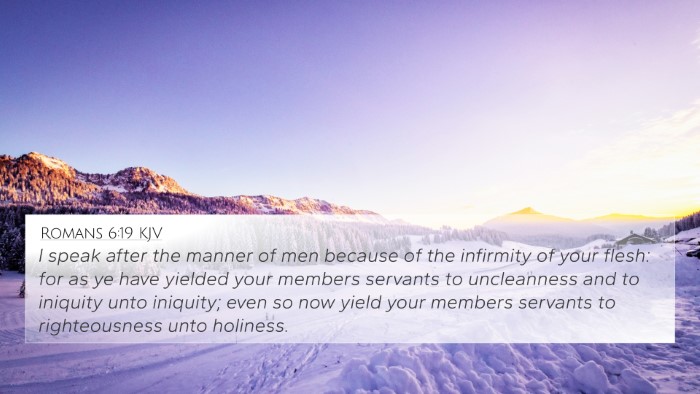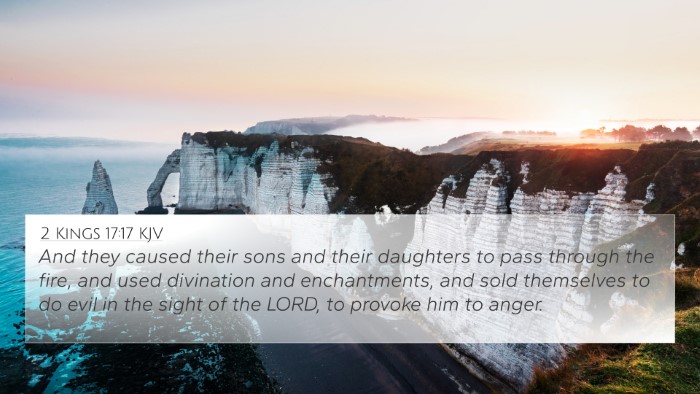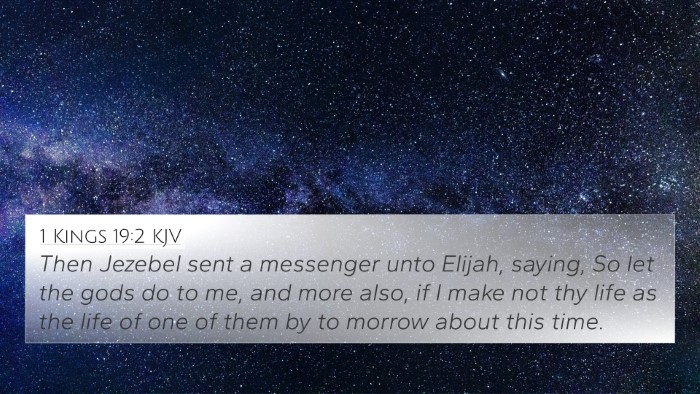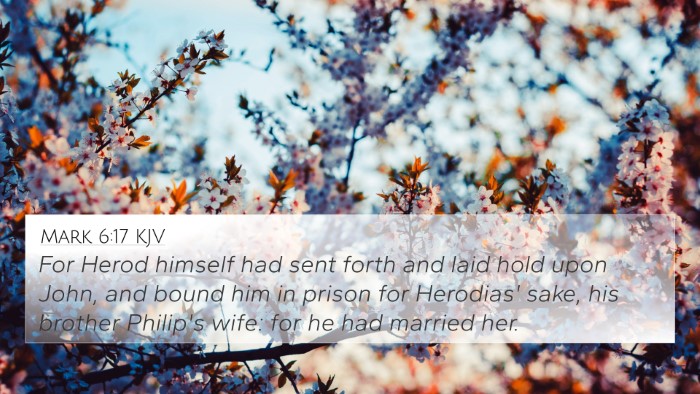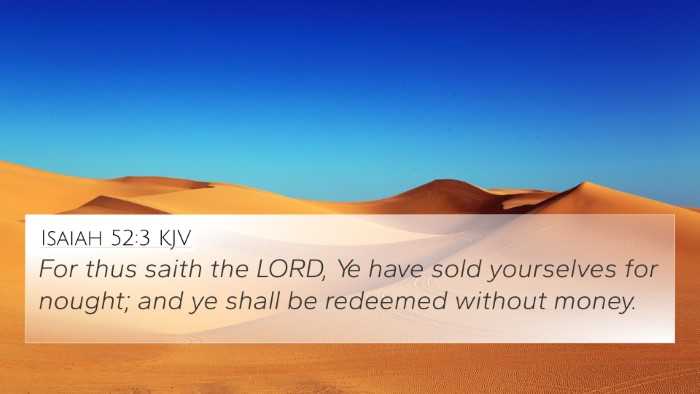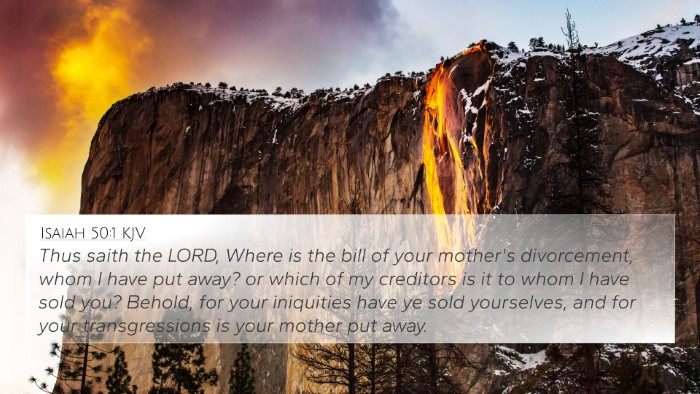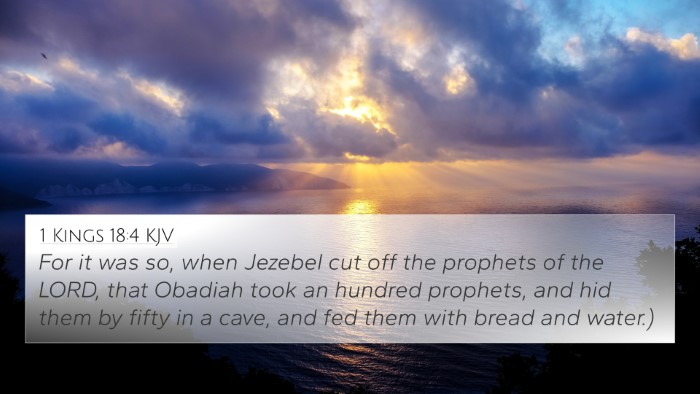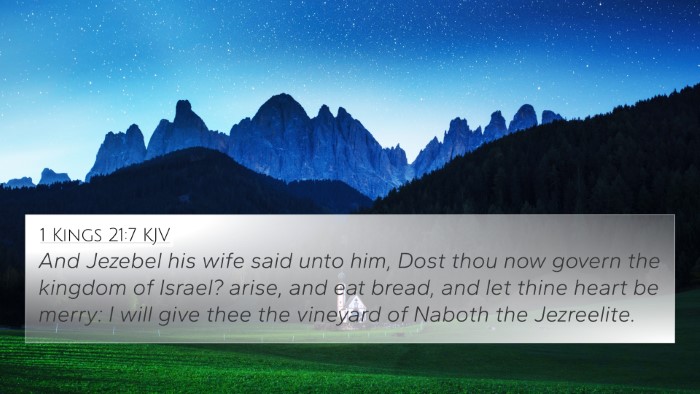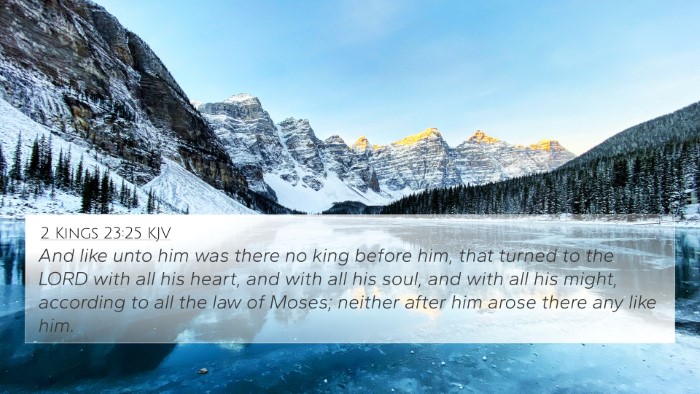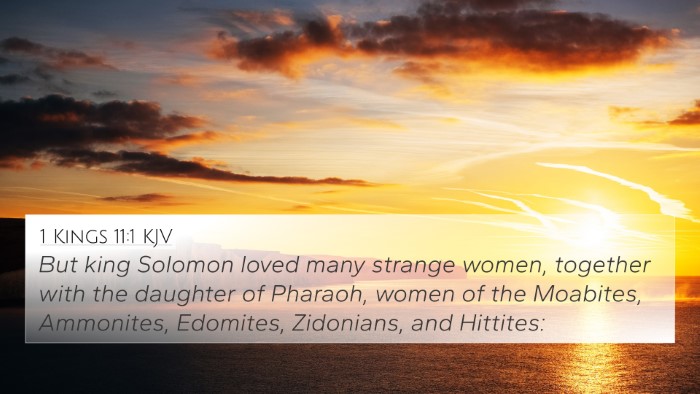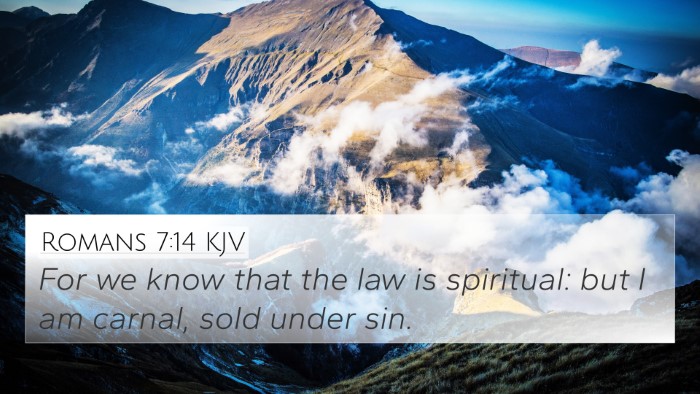Understanding 1 Kings 21:25
Verse: 1 Kings 21:25 - "But there was none like unto Ahab, which did sell himself to work wickedness in the sight of the LORD, whom Jezebel his wife stirred up."
Verse Meaning and Insights
The verse serves as a poignant conclusion to the narrative of King Ahab and his immoral actions. Ahab, influenced by Jezebel, embodies a figure of extreme ill will and sinful behavior. This commentary focuses on several key aspects and interpretations drawn from various public domain sources.
Historical Context
This verse is situated within a broader narrative surrounding Ahab's reign over Israel, emphasizing the moral decay that characterized his kingship. Ahab’s decisions and actions, particularly in the acquisition of Naboth’s vineyard, illustrate a man who surrendered moral integrity and justice for greed and power.
Key Themes and Concepts
- The Role of Influence: Ahab’s notorious wickedness is directly attributed to the instigation by Jezebel, highlighting how relationships can corrupt moral judgment.
- Divine Judgment: The text implies that Ahab's actions would not go unnoticed by God, representing the broader theme of accountability for sin.
- Wickedness in Leadership: Ahab's reign is a warning about the dangers of immoral leadership and its consequences on a nation.
- Symbol of Corruption: Ahab is presented as an archetype of an unrepentant sinner who sacrifices integrity at the altar of selfish desires.
Theological Insights
Matthew Henry emphasizes that Ahab's lifestyle exemplifies a soul sold to wickedness. His complete surrender to Jezebel's evil designs signifies the depths to which a person can fall when they abandon the ways of God.
Albert Barnes notes that Ahab's surrender to temptations is a reflection of the human condition and the struggle against evil—he acted contrary to God's commandments, showcasing the destructive path of sin.
Adam Clarke highlights that Ahab's example is a timeless warning against letting corrupt influences overshadow one’s moral compass. The verse encapsulates the gravity of choosing evil over righteousness.
Cross-References and Connections
To better understand this verse, consider its connections with other scriptures:
- 1 Kings 16:30-33: Details Ahab's wickedness and idolatry, building upon the theme of his corrupt reign.
- 2 Kings 9:22: Describes the confrontation of Ahab's legacy and the judgment against him for his sinful actions.
- James 4:4: Warns against friendship with the world, resonating with Ahab's choices and moral failures.
- Matthew 7:17-20: Addresses the concept of identifying people by their fruits, reflecting Ahab's poor morals and the repercussions of his actions.
- Proverbs 28:5: Discusses the contrast between the wicked and the righteous, emphasizing the moral decline of Ahab.
- Ephesians 5:11: Urges believers to not partake in the unfruitful works of darkness, echoing the message against Ahab’s sinful practices.
- 1 Peter 4:15: Instructs not to suffer as a murderer or evil-doer, contrasting Ahab’s life with Christian moral imperatives.
Conclusion
The legacy of Ahab, as depicted in 1 Kings 21:25, serves as a powerful reminder of the consequences of yielding to wickedness and the importance of righteous leadership. By understanding these themes and connections, we not only grasp the meaning of this verse but also its relevance to our lives today.
How To Use Cross-References
To fully explore the depths of biblical interpretation, utilizing tools for Bible cross-referencing can enrich your understanding. Here are some methods:
- Bible Concordance: Use a concordance to locate words and themes across various scriptures.
- Bible Cross-Reference Guide: These guides help identify related verses based on themes, topics, and individuals.
- Cross-reference Bible Study: Engage in studies that specifically focus on linking divergent scriptures to develop a deeper insight.
- Bible Reference Resources: Explore comprehensive materials that provide cross-references and thematic connections.
By engaging with the biblical text through these tools, you can deepen your understanding of the complexity of scriptural dialogues and the moral challenges presented in scriptures like 1 Kings 21:25.
